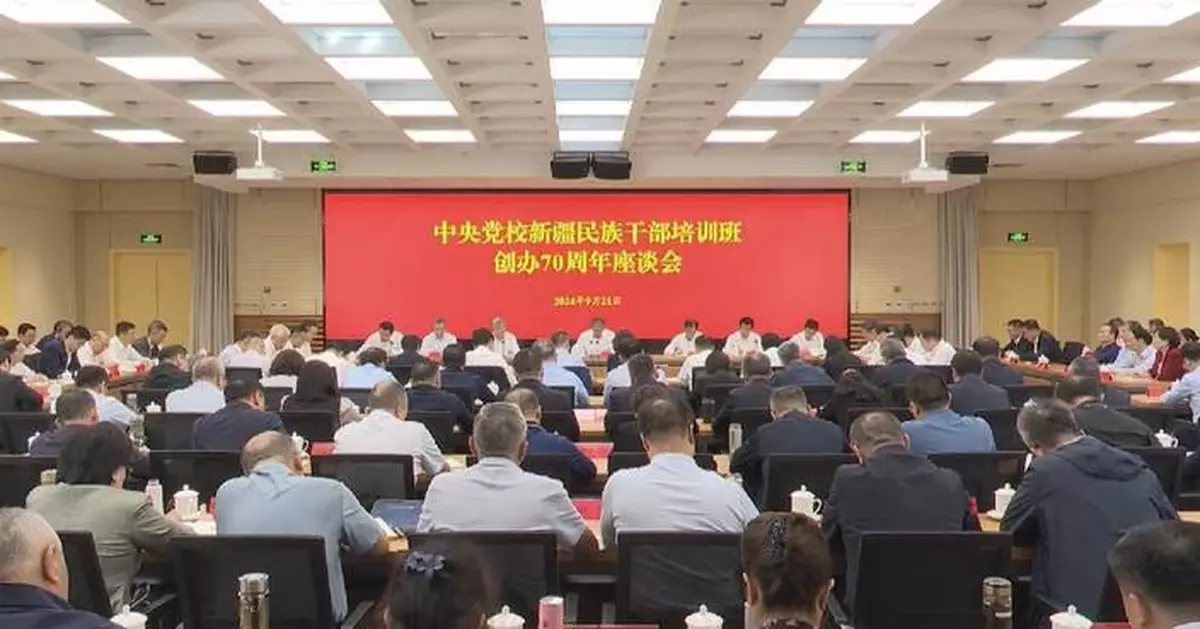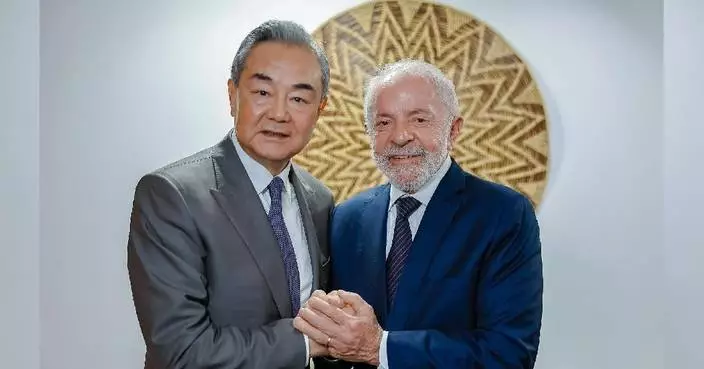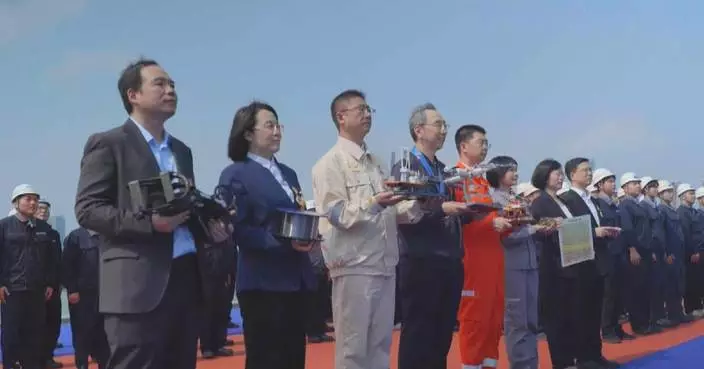Xi Jinping, general secretary of the Communist Party of China (CPC) Central Committee, has stressed cultivating more loyal, upright, responsible and high-caliber officials for Xinjiang Uygur Autonomous Region.
Xi, also Chinese president and chairman of the Central Military Commission, made the remarks in an instruction upon the 70th anniversary of a training program for ethnic officials in Xinjiang under the Party School of the CPC Central Committee.
Xi pointed out that the training program has played an important role in strengthening the ranks of officials, boosting economic and social development, promoting social stability and long-term security in Xinjiang over the past 70 years.
Emphasizing the need to fully and faithfully implement the Party's policy for the governance of Xinjiang, Xi urged efforts to foster a strong sense of community for the Chinese nation throughout the process of the training program.
It is important to strengthen research on the basic theories and key issues of ethnic affairs and improve the quality and effectiveness of the training program, Xi said.
Xi's instruction was read out by Chen Xi, president of the Party School of the CPC Central Committee and National Academy of Governance, at a symposium held on Saturday in Beijing to mark the 70th anniversary of the training program.
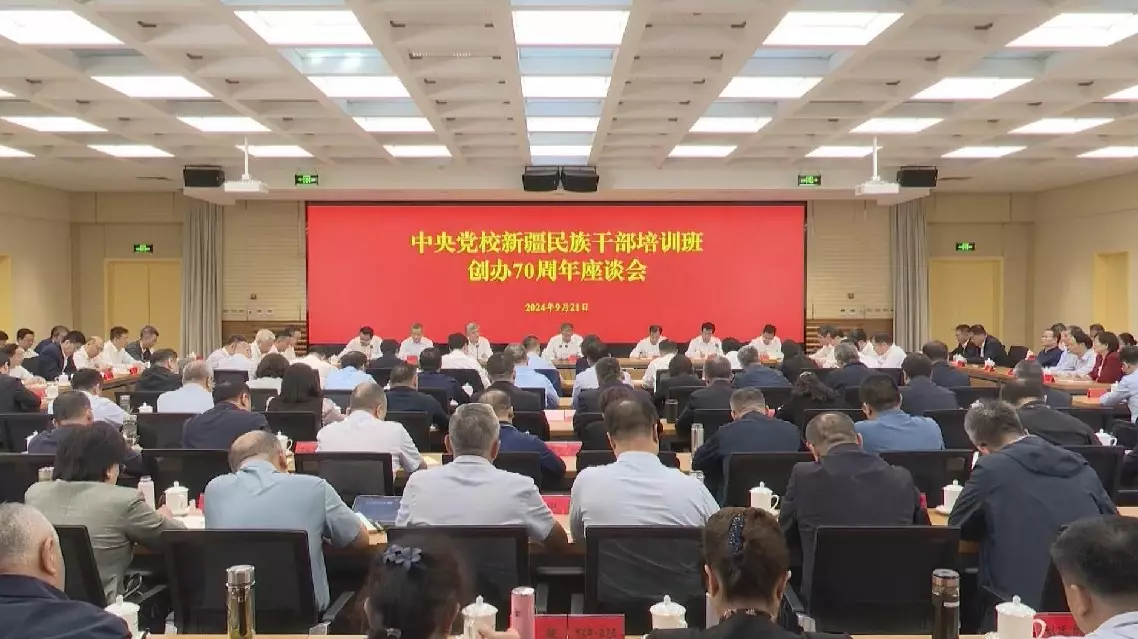
Xi stresses cultivating more high-caliber officials for Xinjiang
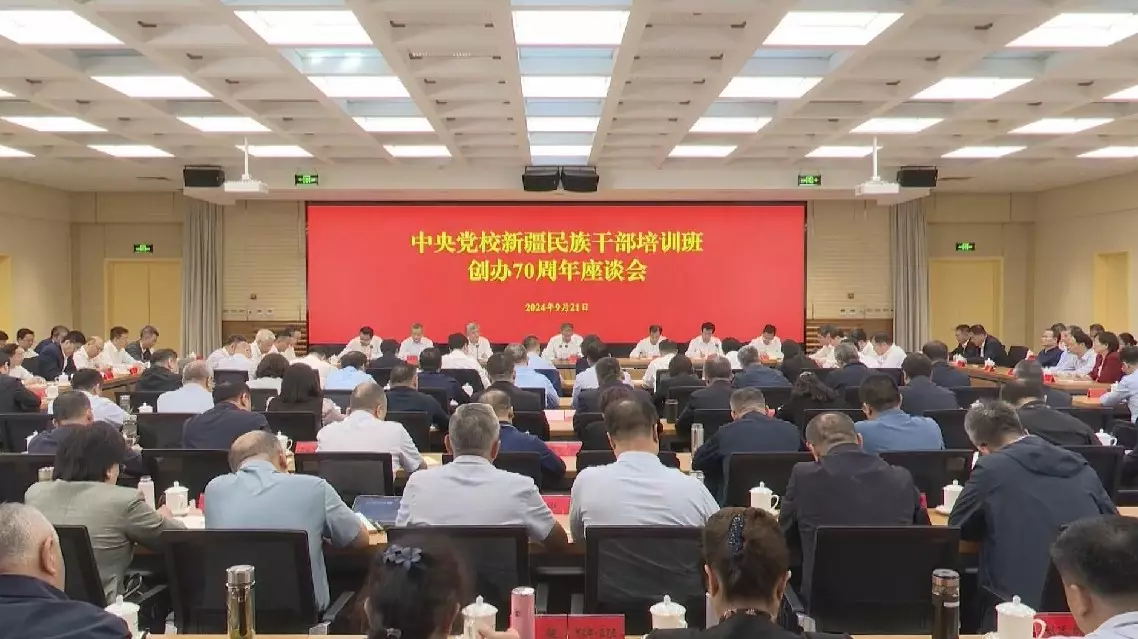
Xi stresses cultivating more high-caliber officials for Xinjiang
U.S. tariffs on Cambodia, which were set at 49 percent, have sparked concerns among the Southeast Asian country's key export industries such as garment manufacturing amid the ensuing economic uncertainties.
On April 2, U.S. President Donald Trump announced the 49 percent "reciprocal tariff" on goods imported from Cambodia, the highest among all countries. Days later, the U.S. reduced the so-called "reciprocal tariff" to 10 percent for 90 days, offering a window period to Cambodia for negotiations with it.
Cambodian businesspeople say the tariffs have the potential to wreak havoc on the country's manufacturing sector, which, according to data from the World Bank, makes up around a fifth of the country's GDP.
"For U.S. manufacturers, definitely, there will be a big impact. If manufacturers are focusing on U.S. products, they are now in the middle. They don't know what they should do at the moment because the tariff now from Cambodia to the U.S. is actually quite high," said Dr. Ben Li, a Hong Kong investor in Cambodia and Chairman of the Cambodia Chinese Commerce Association.
Nevertheless, Li sees the tariff hike as an opportunity to export more Cambodian goods to the European Union, where a majority of Cambodian exports enjoy duty-free status.
"I always say there will be a light (at the end of the tunnel.) Even now, the U.S. tariff is so high, it's going to be so high after 90 days, we don't know. But, there's still a big market to Japan or to the European Union. There's still a big opportunity there," he said.
The Cambodian investor also believes the development of major infrastructure projects will help support Cambodia's economy.
"Especially the new canal and then the new airport, and the railways which connect to China. I believe once the logistics and infrastructure are built up, it can help the whole country's economy. By reducing the transportation costs, it can also mitigate the tariff costs," he said.
Cambodia and the U.S. held their first tariff negotiations on April 16, with more expected to follow. Local experts said the stakes are high for the country's workers.
"If this negotiation fails, there will be a significant impact. It will include the garment and travel goods sector. These sectors consist of about 1,068 factories and 930,000 workers. The income generated from these sectors is about 3 billion dollars per year. So it would significantly impact Cambodia's economy, jobs and incomes," said Chey Tech, a socio-economic research and development consultant from Dynamic Alliance Consulting.
Despite the potential risks, Tech expressed his optimism about a positive outcome, citing Cambodian Prime Minister Hun Manat's letter to Trump on April 4.
"The Prime Minister's letter confirmed that Cambodia would reduce the tariff rate for U.S. goods to 5 percent. Second, Cambodia is the least developed country. Third, Cambodia produces goods that the developed countries won't produce. We asked whether the U.S. would be able to produce these low-cost products. It cannot," said Tech.
In 2024, Cambodia exported goods of 9.9 billion dollars to the U.S., making it the country's largest market, accounting for 37 percent of Cambodia's total exports.
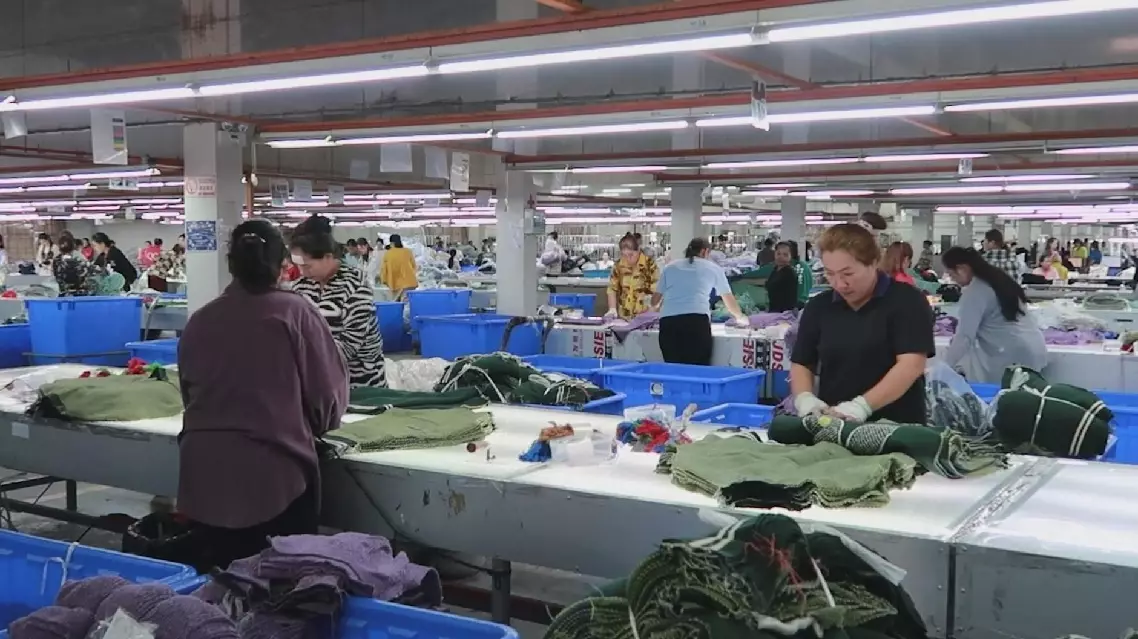
49-percent US tariffs sparks worry among Cambodia's key export industries




